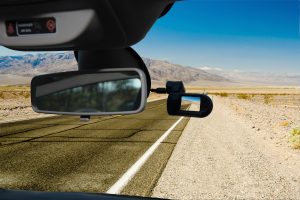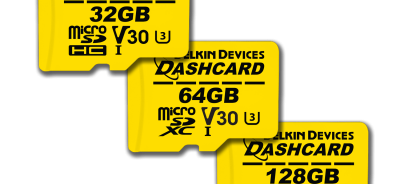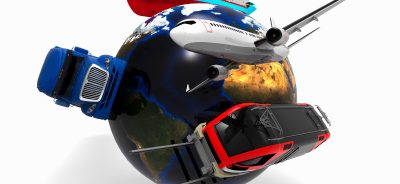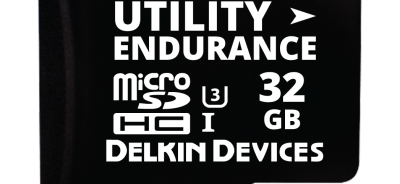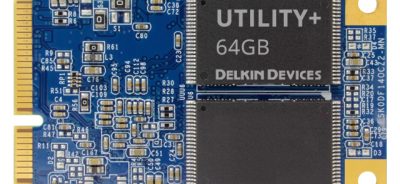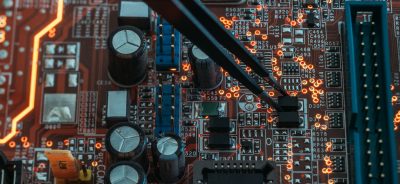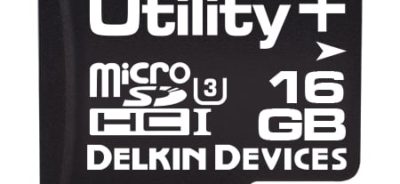Technical Success Stories:Rugged Environmental Requirement Testing
CompactFlash (CF) has been a key embeddable storage form factor for over 20 years, thanks to its basic connector design that mimics a hard disk drive, or HDD. It is both rugged and simple, making it a widely used storage form factor. When CF was initially introduced to the market in 1994, the cards used single-level cell, or SLC flash, and were incorporated into thousands of applications. CF cards have four physical chips, and the memory itself is cased in rugged packaging so that it can perform quickly and reliably, even in rugged environments with extended temperature ranges and other elements that are hard on electronic components, like high humidity, dust, and ice.
With all of the upsides of SLC CF cards, there was one challenge for some OEMs, the higher cost. Multi-level cell flash, or MLC, was developed as an alternative to the more costly SLC flash, allowing developers to get reliable CF card performance at a lower price point. MLC flash is less tolerant of extended temperature ranges and can handle fewer program/erase cycles than SLC flash, but nevertheless, it has been embraced for use in a wide range of applications. Unfortunately, in some operating conditions, MLC may not be ideal. Take a look at how Delkin helped one customer pinpoint the challenges presented by MLC flash for their application.
Customer Story: This particular Delkin customer makes dashboard security cameras. The company has to meet a careful balance between reliability and cost to ensure their customers can afford to purchase cameras for entire fleets. As such, they initially used MLC flash cards in their cameras, but began to experience errors in the field. The company suspected that the CF card could be to blame, but neither they nor their current CF card supplier could pinpoint a specific issue. They decided to call Delkin.
How Delkin Helped: The Technical Consultant they initially contacted at Delkin decided to discuss the challenge with the Engineering team and look at possible CF card limitations with the type and brand they were using. After a conversation with the camera company, Delkin’s technical team determined that all of the card failures were occurring in environments with extreme heat. No failures had occurred in any cards in cold or moderate environments.
The technical team then took a series of MLC cards to the temperature chambers for testing. They exposed the cards to rapid temperature changes through HALT (Highly Accelerated Life Test) and HASS (Highly Accelerated Stress Screen) procedures to determine at what temperatures the cards would function appropriately. They found that the cards began to fail at over 80 degrees C.
Upon further investigation, Delkin determined that the cameras were not operating at extreme temperatures, but were instead being stored in excessive heat. The dashboard cameras could be left sitting out in the sun for hours in conditions that sometimes reached 100 degrees C—a temperature at which an MLC flash device cannot power up.
Delkin recommended that the customer switch to SLC flash, use ventilated storage boxes, or require a cooling off period before cameras in hot environments could be powered up to avoid CF card failures.
Get Help from Delkin for Embedded Storage: Delkin’s Customer Applications team is ready to help you make the right choices for your host storage needs and can troubleshoot any issues you are having. Contact us today for assistance.
 Login
Login Register
Register


